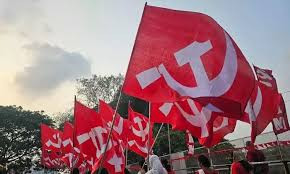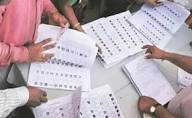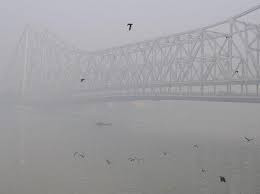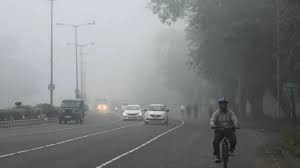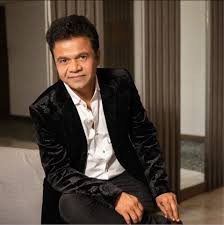Public Buses Vanish as 'Toto-Raj' Grips Howrah District, Commuters Face Daily Struggles
IIE DIGITAL DESK : Public buses in large parts of Howrah district have gradually disappeared from roads, giving rise to an unregulated and unchallenged reign of battery-operated totos, commonly referred to as “Toto-Raj.” Once a reliable and affordable means of transport, government and private buses are now a rare sight, forcing people to depend entirely on these small electric vehicles.
From Domjur to Uluberia, Shibpur to Bagnan, commuters are witnessing a striking change in the local transport ecosystem. What was once a structured system with designated routes and fixed timings has now turned into an informal, chaotic network dominated by totos, operating without proper licenses, route permits, or fare regulation.
Residents across the district say the number of buses has declined sharply since the pandemic. Though some were temporarily withdrawn due to lockdowns and low passenger numbers, they were never reinstated in full strength post-COVID. Over time, Toto drivers filled the vacuum. Now, in many pockets of Howrah, especially in rural and semi-urban areas, there are virtually no buses operating at all.
“I used to take a government bus from Panchla to Howrah station every morning. Now I need to change three totos, and it costs me double. The roads are crowded with these vehicles, and they don’t even follow traffic rules,” complained Anupam Das, a schoolteacher from Uluberia.
Transport unions and experts argue that this sudden transformation in the district’s transport infrastructure has created safety hazards, economic strain on commuters, and severe traffic congestion. Since totos typically carry 4–6 passengers, they need to run in much higher frequency to match bus capacity, resulting in chaotic traffic movement on narrow roads.
Most of these totos are unregistered and operate without insurance, making them a significant risk to passenger safety. Many are driven by underaged or untrained individuals, raising further concerns. Accidents involving totos have increased in the past two years, though few are formally recorded.
Transport officials admit there’s a growing problem. A senior officer from the Howrah Regional Transport Office (RTO) admitted, “The number of totos has grown exponentially without proper oversight. We are working on identifying illegal vehicles and issuing stop orders. But the lack of public buses has created a vacuum.”
There is also the question of local political influence. Residents allege that certain local leaders have turned the Toto business into a syndicate, where operators have to pay weekly dues to continue running on specific routes. “There’s no control. The syndicate decides who can run, what fare they can charge, and even where they’ll pick passengers. If you complain, your vehicle gets blocked the next day,” said a Toto driver from Bally, on condition of anonymity.
Daily commuters, students, office-goers, and the elderly are caught in the middle. Many now avoid travelling during peak hours or after dark due to the unpredictability and inconvenience of the current system.
Citizens' forums in Howrah Maidan and Sankrail have already submitted petitions to the State Transport Department, demanding the restoration of public bus routes and a crackdown on illegal totos. However, there has been little visible change on the ground.
Without immediate intervention, experts warn that the district’s transport crisis may deepen, further straining the urban infrastructure and endangering public safety. Until then, for Howrah’s common people, the “Toto-Raj” continues to rule the roads.
You might also like!



